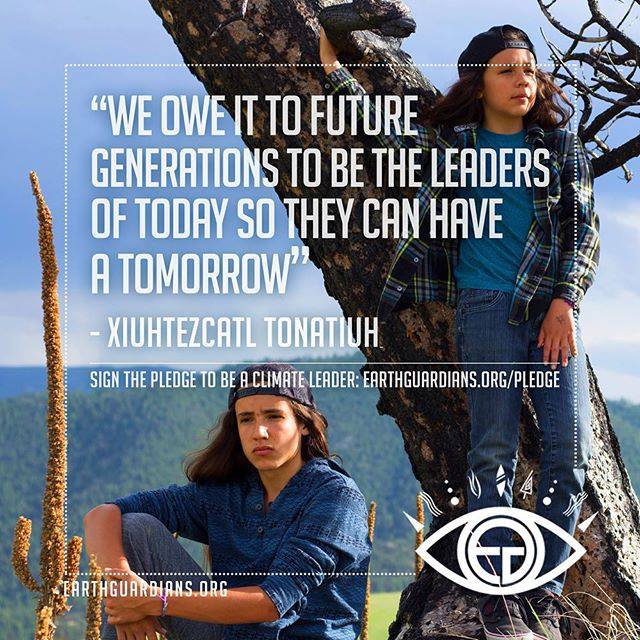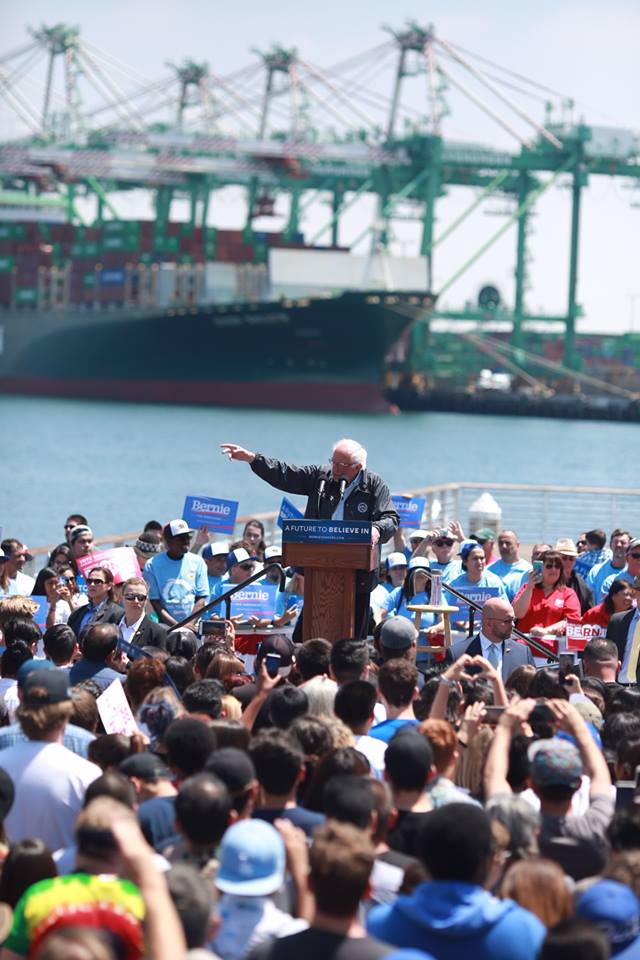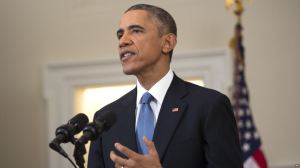“It is not enough to stand on the opposite river bank, shouting questions, challenging patriarchal, white conventions. A counter stance locks one into a duel of oppressor and oppressed; locked in mortal combat…both are reduced to a common denominator of violence.
“The counter stance refutes the dominant culture’s views and beliefs, and for this it is proudly defiant. All reaction is limited by, and dependent on, what it is reacting against. Because the counter stance stems from a problem with authority–outer as well as inner–it’s a step towards liberation from cultural domination. But it is not a way of life.
“At some point, on our way to a new consciousness, we will have to leave the opposite bank, the split between the two mortal combatants somehow healed so that we are on both shores at once and, at once, see through serpent and eagle eyes.
“Or perhaps we will decide to disengage from the dominant culture, write it off altogether as a lost cause, and cross the border into a wholly new and separate territory. Or we might go another route. The possibilities are numerous once we decide to act and not react.”
–Gloria Anzaldua, Borderlands/La frontera
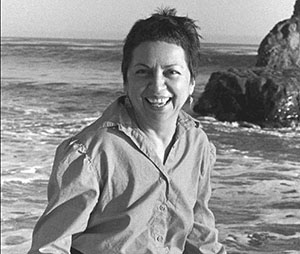 Written by a Chicana queer in 1987, Borderlands/La frontera was always ahead of its time. Or maybe it was just that as an inhabitant of the radically unsafe cultural and literal borderlands, Anzaldua was much more aware than most of her audience of what is at stake in making your home on a border—on, as she put it, “that thin edge of barbed-wire.”
Written by a Chicana queer in 1987, Borderlands/La frontera was always ahead of its time. Or maybe it was just that as an inhabitant of the radically unsafe cultural and literal borderlands, Anzaldua was much more aware than most of her audience of what is at stake in making your home on a border—on, as she put it, “that thin edge of barbed-wire.”
I named this blog Transition Times back in 2011 because even then it felt like we were moving into the liminal, transitional space between the old cultural norms and an as-yet unclear new culture, a new way of relating with each other and our planet. Like Charles Eisenstein, I am searching for new ways of understanding what is happening in the world, and how I can be part of a movement for real, radical social change.
Yet like most everyone I know, I am still going through the motions of the old story, even while trying to get glimpses of something different.
I am still, as Anzaldua puts it, stuck in the counterstance, standing on the opposite side of the river from those I want to change, shouting futilely into the wind.
One of the peculiar challenges of our time is that “the enemy” is not easy to identify, and all too often it turns out that if we really follow the money, the “enemy” is us.
Who created the fossil fuel industry? I did, along with everyone I know, as we enjoyed the convenience of burning oil and gasoline, heedlessly using plastic, leaving the coal-fired-electric lights on.
Who created the so-called Rust Belt and killed the American workers’ unions? I did, preferring to buy my cars from Japan, and cheap goods from China.
Who created the corporate beast, now slouching insouciantly into the highest levels of American governmental power? I did, we all did, allowing corporate money to rule our politicians, allowing corporations to put short-term gain above longterm health and sustainability, rewarding those corporate leaders with ever-higher incomes and status.
Who created the military-industrial complex, along with its henchmen the pharmaceutical-petrochemical-agricultural complex? We all did, going along complacently with industrial agricultural built on chemicals, ignoring how unhealthy it made us, investing in the ever-climbing Big Pharma and Big Insurance industries that got richer in proportion to how unhealthy we became.
I could go on, but you get the drift. To really unpack Anzaldua’s image of enemies locked in a counterstance on opposite sides of the river, you have to admit that we are looking at a scenario we created.
When we look at the oh-so-real image of militarized police spraying unarmed, peaceful water protectors with huge canisters of mace, we are looking at what could be our future, as everywhere across America and the world, precious resources like water are being privatized and threatened by mining, fracking, drilling and all the dirty industries built on fossil fuels.

What would it mean to follow Anzaldua’s advice of moving beyond a simple yes-no opposition, into a “new consciousness” that can see with both eagle and serpent eyes?
In our current situation, it would mean doing a lot of soul-searching as to why so many poor people in America voted against their own interests, for the aggressive, macho reality TV star that even the Republicans weren’t sure they could stand.
Our two political parties were revealed, in this election cycle, to be equally out of touch with conditions on the ground in America. Both parties are split between fat-cat corporate types and rabble-rousing throw-em-out types, and neither party, it seems, is strong enough to unite these two wings.
Neither presidential candidate this year would have had a real mandate, as in a nation united behind them. In truth, it’s the class divide that tripped up Hillary Clinton, and her inability to be convincing when she claimed she’d help the working class.
Trump was just a better liar, knowing that if he could stoke the voters’ anger against the status quo, they wouldn’t care about what specific policies he might or might not be able to enact once in office. Who cares about the fine print when you have a candidate who gives you permission to shout obscenities and have some fun?
Again, to ask where the Trump voters came from is to be led back to the mirror. I place a lot of the blame for voters’ lack of engagement and discernment at the feet of the American public education system, and beyond that, to parents who abandoned their kids to the tutelage of the internet, video games and TV—all of which are run by social elites, let us remember.
Religion is the opiate of the masses, Marx proclaimed in the 19th century. For the 20th century, and to this day, media has become the opiate of the masses. Media has moved into the place of leadership formerly held by education and individual teachers, religion and individual pastors, and even family and individual parents.
How often of late have you seen young people sitting at the table listening to the conversation of their elders? Unless they are forced to, they would much rather be off by themselves with their eyes glued to their screens. Even groups of young people will sit together each one on their own screen, occasionally commenting out loud to each other about what they are seeing on-screen.
We have begun to awaken to the power of media, especially social media, to influence reality, with Facebook now at last taking seriously the disruptive potential of “fake news.” Fake news probably won the election for Trump. And this is the mother’s milk our kids are being raised on, as they are let loose in an internet landscape they have to figure out for themselves.
The question is, now that we’re awake, what will we do about it?
Like everyone I know, I have been signing online petitions, joining online resistance groups, giving money, thinking about joining the street protests.
But this is counterstance politics. It absorbs our energy into fighting against, rather than using that precious resource, our time and energy, into developing an alternative, based on “new consciousness,” in new territory.
What would it mean to fight FOR the world we want to live in, rather than AGAINST the dying gasps of the old order? What would it mean to start telling new stories of what could be possible, rather than endlessly rehashing the fear and loathing of the past?
I’m not talking about sticking my head in the sand or pretending that the bigotry of the Trump people isn’t real and dangerous. It’s real, and it’s very dangerous. We are right to be afraid.
But we can’t afford to spend all our energy saying NO. We have to also work in our local communities to live into alternatives, and celebrating our successes loudly and happily at every opportunity.
Alliances and coalitions of all stripes—across the artificial boundaries of race, sex/gender, class, ethnicity, religion, region, nationality—these can and must get stronger, as we all agree to inhabit the borderland spaces together.
We must all be “queer” now, as is beginning when we see people promising to register themselves as Muslims, should such a national registry ever come to pass, or standing in solidarity with the Native American water protectors’ movement, in repudiation of the disgraceful settler-native relations of the past.
We can work on the local level to implement renewable energy alternatives, moving boldly into solar, wind and other democratically available resources and hitting the fossil fuel industries where it matters—their bottom line.
In so many ways, we can use our power as consumers to create the world we want to see. That means understanding the stakes involved in “cheap” Chinese goods or industrial food, and being willing to spend a bit more in the short term, to invest in the long term health of people and the planet.
Buying organic or food produced locally using permaculture agricultural practices may cost a few pennies more, but that small individual investment can have a big impact if many of us are willing to make the shift.
Same with eating less meat, or even no meat. These seemingly small personal choices really can have a big impact if enough of us are making them and talking about them and encouraging each other to see the big picture of why it’s important.
For me, as a parent and a teacher, one of the biggest areas in need of “new consciousness” has to do with rearing the next generations. We must fight the domination of the corporate media by insisting that kids remain connected to their innate creativity.
Seriously, I don’t think kids under the age of 10 should have free-range access to the internet or games. We want our kids to stay connected to the real world—the natural world, their communities, their families, their friends. We want them to develop their own creative voices and visions, to “play make-believe” and dream into the new stories their generation will need. Allowing them to stuff their minds on junk-food media is undermining their potential at the most basic level.
But we must provide exciting alternatives to those screens. School should not be boring. Communication is our greatest strength as a species, and we need to get much better about how we teach, how we parent, and what we offer our kids in the way of stimulation and opportunities for growth. Their needs are not the same as what we current adults needed in our pre-internet time. But abdicating our role to the internet is a dangerous cop-out.
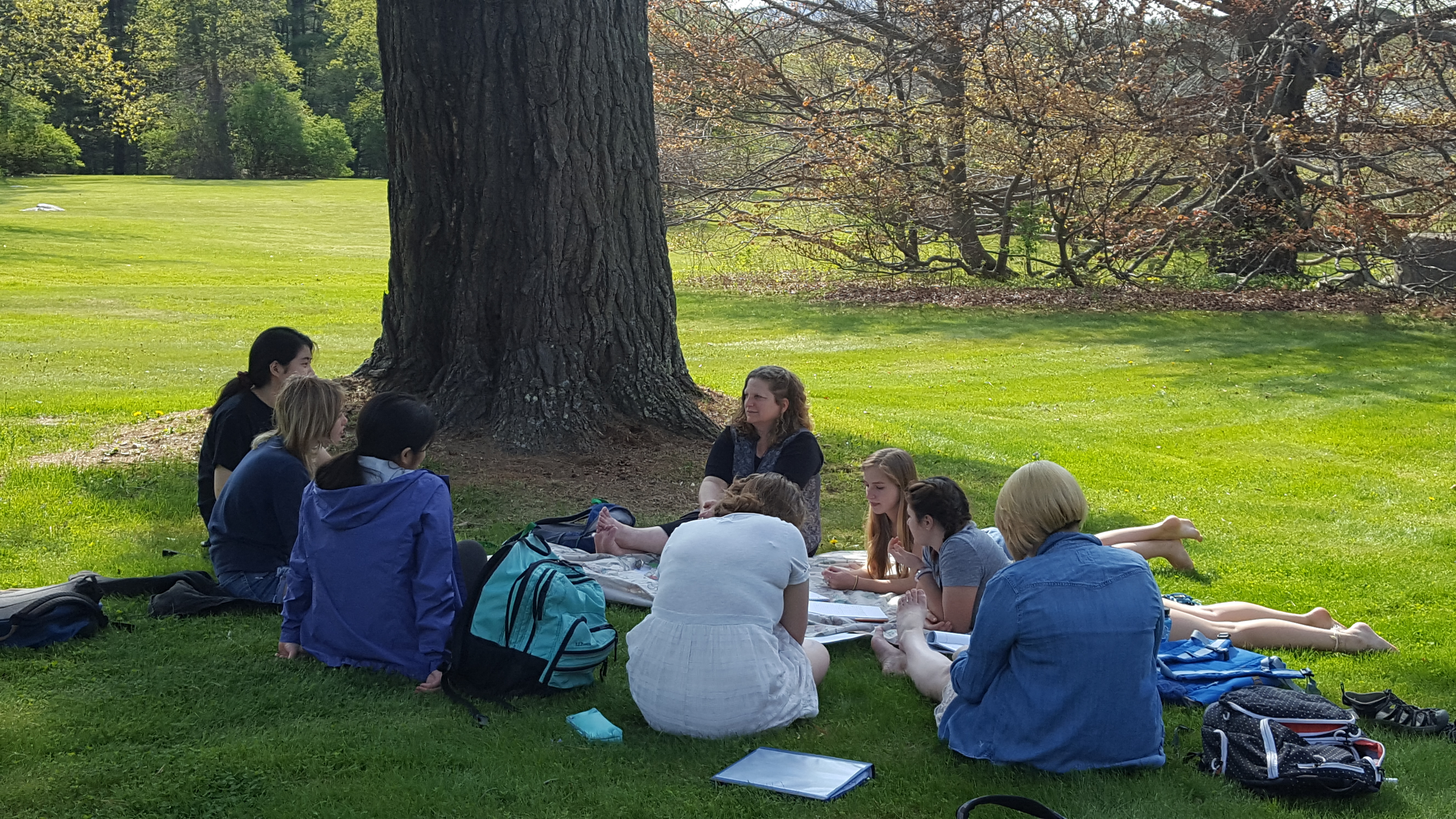
Young people need our guidance more than ever. It will be harder to reach those who have been weaned on internet-milk, but it is possible, and we must go at it with all the creativity and love we possess—and not just for our own kids, but for all kids. Especially those from the angry, disenfranchised families, the poor kids, the Trump kids.
I agree with everyone who is talking about rolling up our sleeves and getting to work in the wake of the election disaster. But what the work is…that is the question we must ponder deeply.
Going to Washington DC to protest the inauguration of Trump the day AFTER doesn’t make a lot of sense to me, in terms of use of our precious energy and time. Why isn’t a big protest being called for December 18, the day BEFORE the Electoral College is to finalize their vote?
We need to be strategic in the coming weeks, months and years. We don’t have the luxury of time to fritter away our energy in non-effective counterstances.
As we move into this uncharted borderland between the familiar old culture and the unknown future hurtling towards us, let’s keep our faces bravely looking ahead—not like Walter Benjamin’s famous angel of history, turned backward to the destruction and disappointment of the past.
What family, what community, what world, do you want to live in? Get clear on it and then—go make it so.



 Written by a Chicana queer in 1987, Borderlands/La frontera was always ahead of its time. Or maybe it was just that as an inhabitant of the radically unsafe cultural and literal borderlands, Anzaldua was much more aware than most of her audience of what is at stake in making your home on a border—on, as she put it, “that thin edge of barbed-wire.”
Written by a Chicana queer in 1987, Borderlands/La frontera was always ahead of its time. Or maybe it was just that as an inhabitant of the radically unsafe cultural and literal borderlands, Anzaldua was much more aware than most of her audience of what is at stake in making your home on a border—on, as she put it, “that thin edge of barbed-wire.”

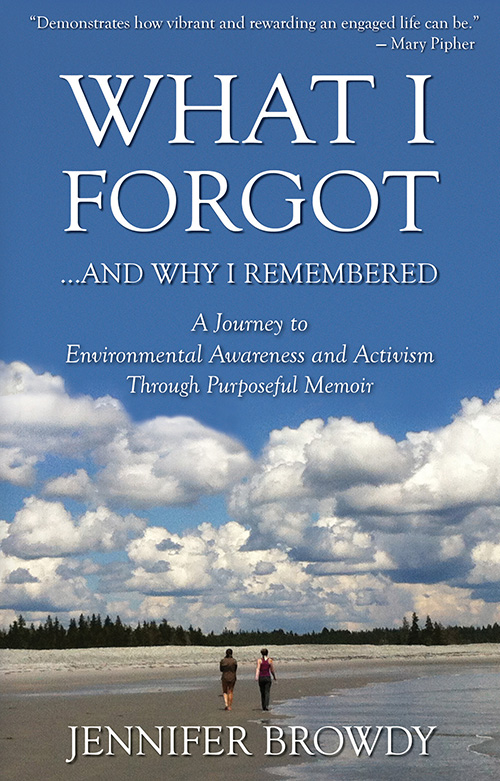 This question became increasingly central for me as I worked on my memoir,
This question became increasingly central for me as I worked on my memoir, 
